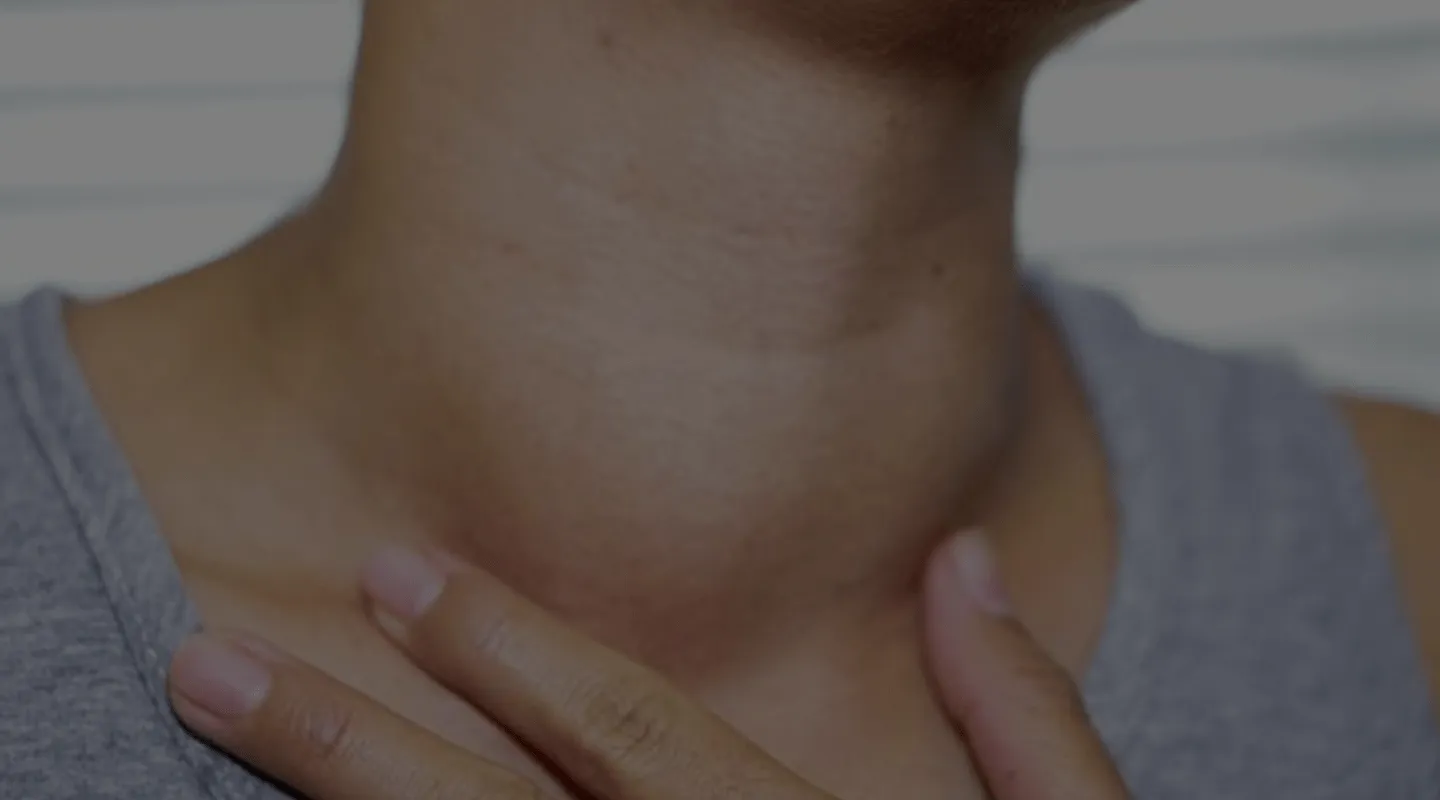
Thyroid FAQ
What is the thyroid?
The thyroid is a butterfly-shaped gland located at the base of the neck. It secretes thyroid hormones that control the body’s metabolism.
What are the symptoms of a thyroid problem?
Symptoms of a thyroid problem can include fatigue, weight gain or loss, feeling cold or hot, sleep problems, mood swings, skin problems, and hair problems.
What are the different thyroid problems?
Different thyroid problems include hypothyroidism, hyperthyroidism, autoimmune thyroiditis (Hashimoto’s disease), subacute thyroiditis (De Quervain’s thyroiditis), and thyroid cancer.
How are thyroid problems diagnosed?
Thyroid problems are diagnosed through blood tests that measure thyroid hormone and TSH (thyroid-stimulating hormone) levels. Imaging tests, such as ultrasound or scintigraphy, may also be needed to assess the size and shape of the thyroid.
How are thyroid problems treated?
Thyroid problems are treated depending on the type of problem. Hypothyroidism is usually treated with thyroid hormone supplementation. Hyperthyroidism can be treated with medications that reduce thyroid hormone production, or with surgical removal of the thyroid. Thyroid cancer can be treated with surgical removal of the thyroid, radiotherapy, and/or hormone therapy.
How can I take care of my thyroid?
To take care of your thyroid, you can adopt a balanced diet rich in nutrients such as iodine, selenium, and zinc. You can also reduce your consumption of tobacco and alcohol, and avoid toxic chemicals such as pesticides. Finally, it is important to have regular thyroid check-ups to detect any potential problems at an early stage.
Are thyroid problems common?
Thyroid problems are quite common. It is estimated that about 20 million people in the United States have a thyroid disease, and most of them are women. Thyroid problems can occur at any age.